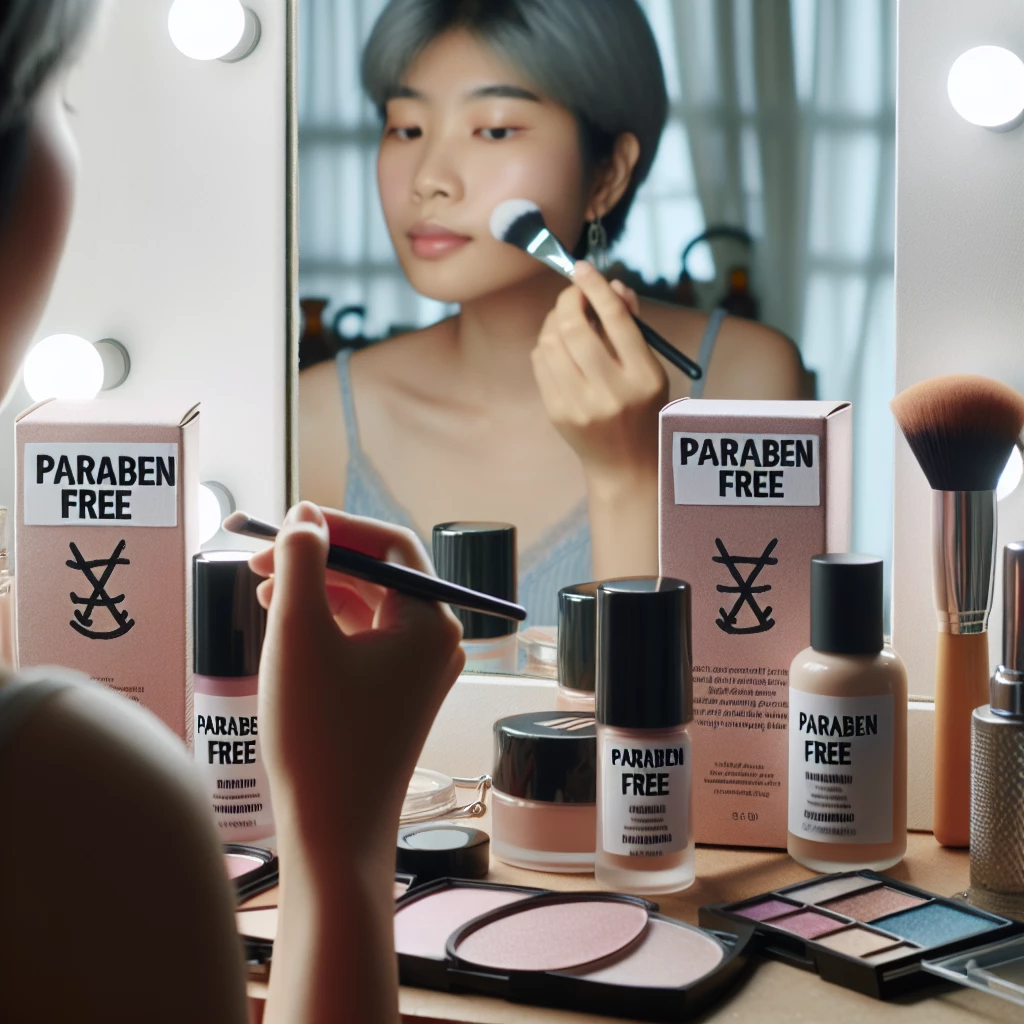In the world of women and makeup, one trend that continues to gain momentum is the switch to paraben-free makeup. The push towards products that promote skin health has made us question our makeup choices and take a closer look at their ingredients. While paraben-free makeup may seem like the healthiest way to go, it's important to separate fact from fiction in order to make well-informed decisions. In this blog post, we're going to delve into the truth about paraben-free makeup.
What Are Parabens?
Parabens are synthetic compounds often used as preservatives in a number of beauty products, including makeup. They have been used for decades to prevent bacteria and fungus from growing in our favorite products, ensuring they last longer on our shelves. However, concerns have been raised about the safety of these substances, leading many people to seek paraben-free alternatives.
The concern stems from the fact that parabens can mimic estrogen in the body, which can potentially disrupt hormonal balance. While there's no definitive scientific evidence implicating parabens in serious health conditions, the potential risk has led people to err on the side of caution.
It's also worth noting that not all parabens are created equal. There are different types, and some have been shown to be more concerning than others. Therefore, when considering whether to make the switch to paraben-free makeup, it's important to understand the specifics.
Benefits of Paraben-Free Makeup
Making the switch to paraben-free makeup has several potential benefits. For one, it can be better for your skin health. Some people find paraben-containing products to be irritating or drying, and others suffer allergic reactions to these preservatives.
Furthermore, opting for paraben-free makeup can be beneficial for the environment. Parabens can make their way into water systems and have been found in marine life. Choosing paraben-free products can therefore help reduce environmental pollution.
Finally, opting for paraben-free products often means supporting companies that prioritize healthier, more natural ingredients. This can contribute to a healthier cosmetics industry overall.
Challenges of Paraben-Free Makeup
Despite the potential benefits, the switch to paraben-free makeup isn't without its challenges. Many paraben-free makeup products have a shorter shelf-life, which can result in products going bad before you've had a chance to use them entirely.
Additionally, paraben-free products are often more expensive. The natural alternatives to parabens used in these products can cost more to source, leading to higher price tags.
It's also important to note that 'paraben-free' doesn't necessarily mean 'healthy'. Other harmful chemicals can still be present in these products, so it's crucial to thoroughly research and understand the ingredients in your makeup.
The decision to switch to paraben-free makeup is a deeply personal one, rooted in individual skin health needs and the values we seek in our makeup choices. Like any other beauty decision, it should be made based on accurate information and personal need. We hope this blog has provided some insight into the truth about paraben-free makeup and has empowered you to make an informed cosmetic choice. Keep exploring the world of beauty with us at Makeup Queens!
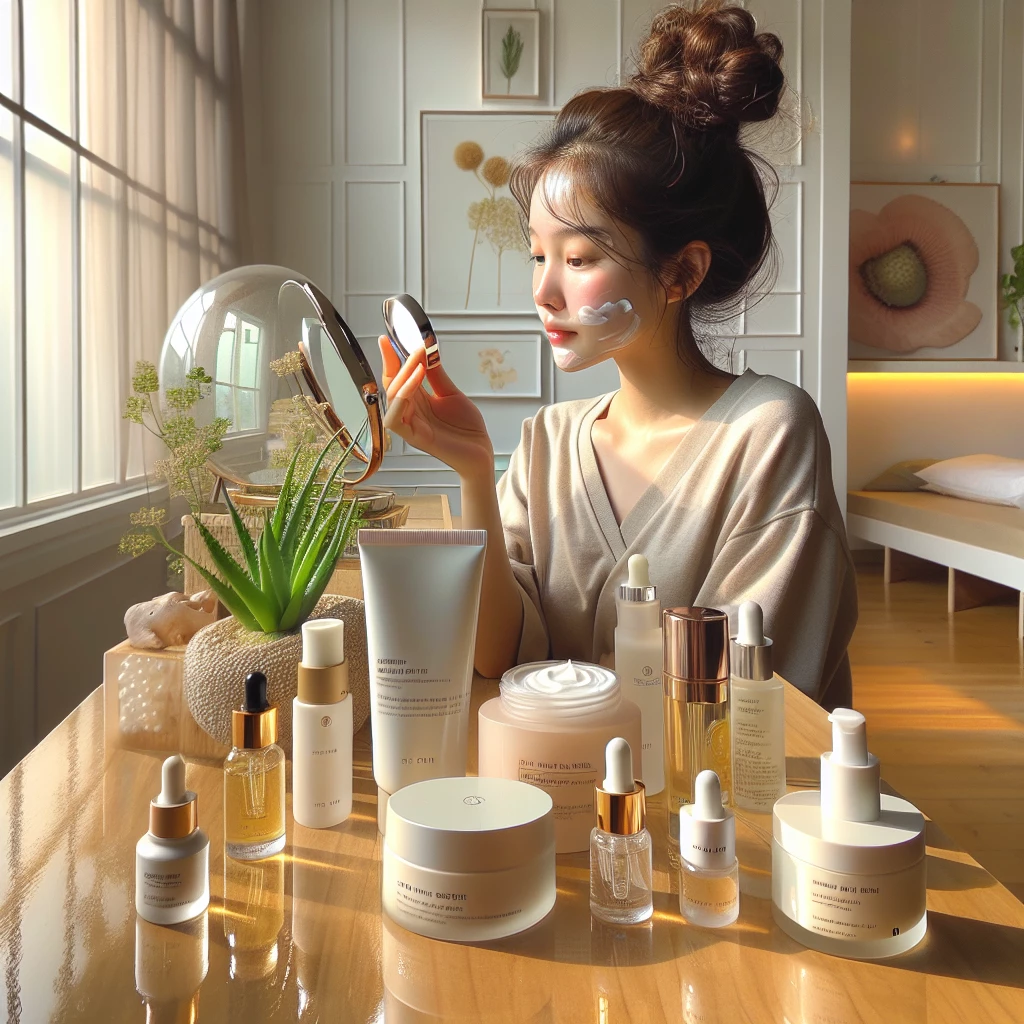
The Magic of K-Beauty
Explore the trend of Korean beauty and what makes it a global phenomenon.
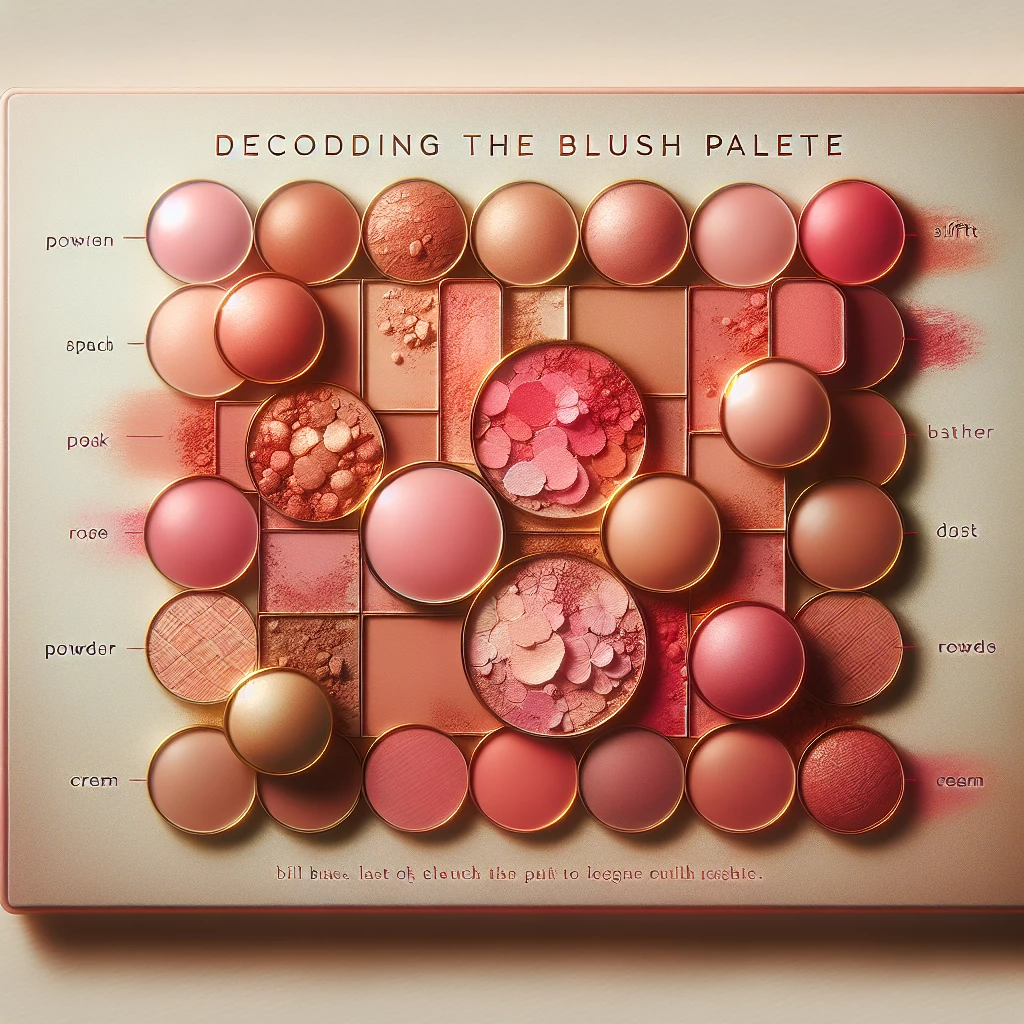
Decoding the Blush Palette
A comprehensive guide to using different shades of blush for various skin tones.
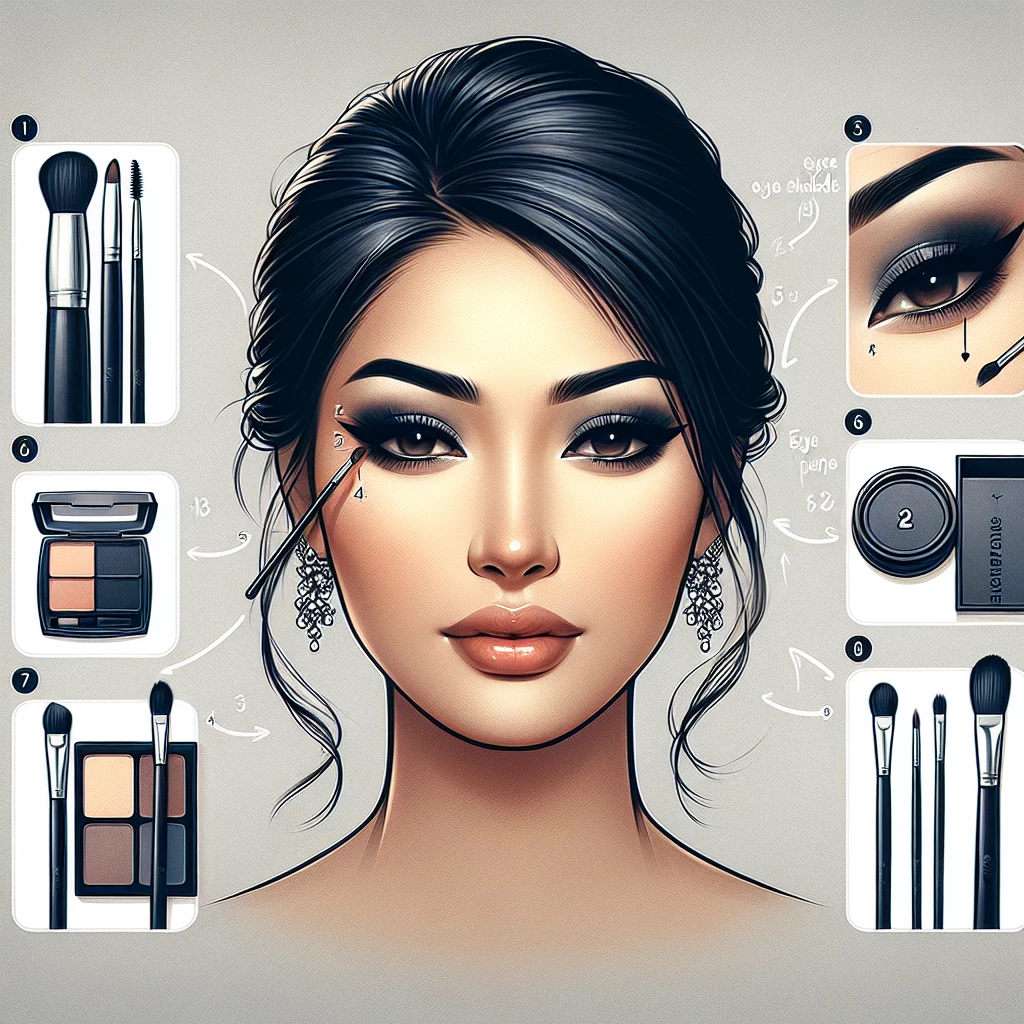
Creating Smokey Eyes: A Guide
Understand the art of achieving the perfect smokey eye look for any occasion.
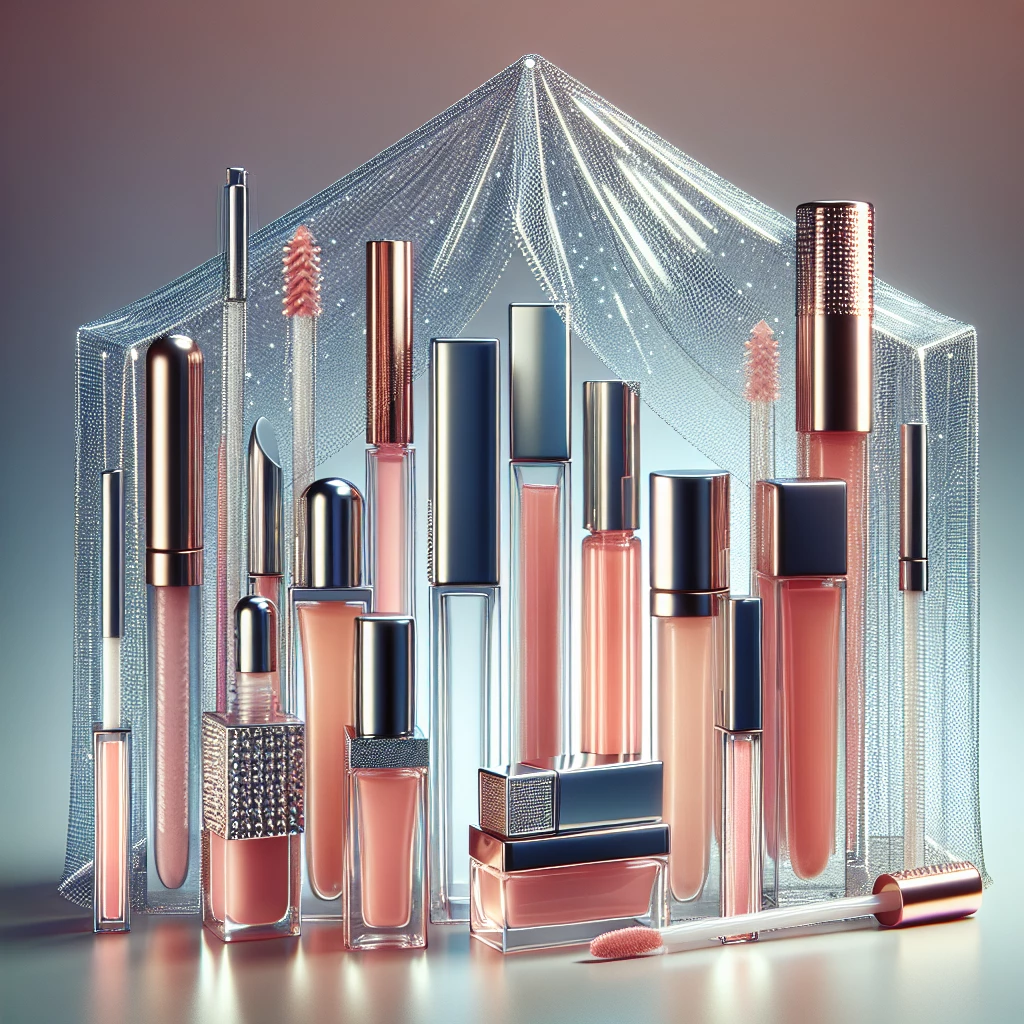
Unmasking Lip Gloss Trends
Dive into the world of lip gloss, tracking its evolution and the latest trends.
